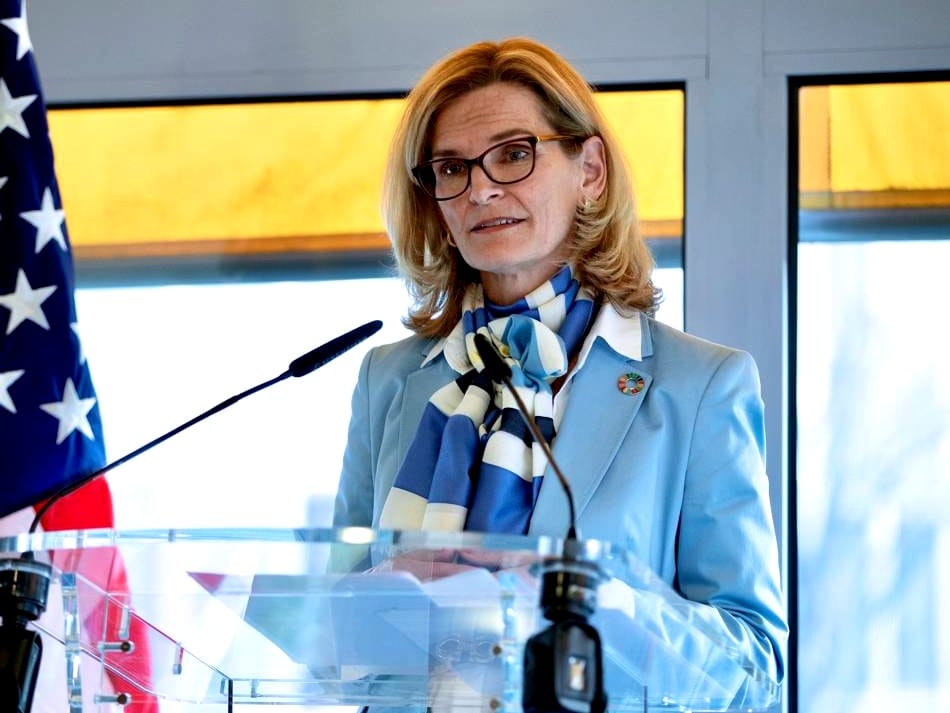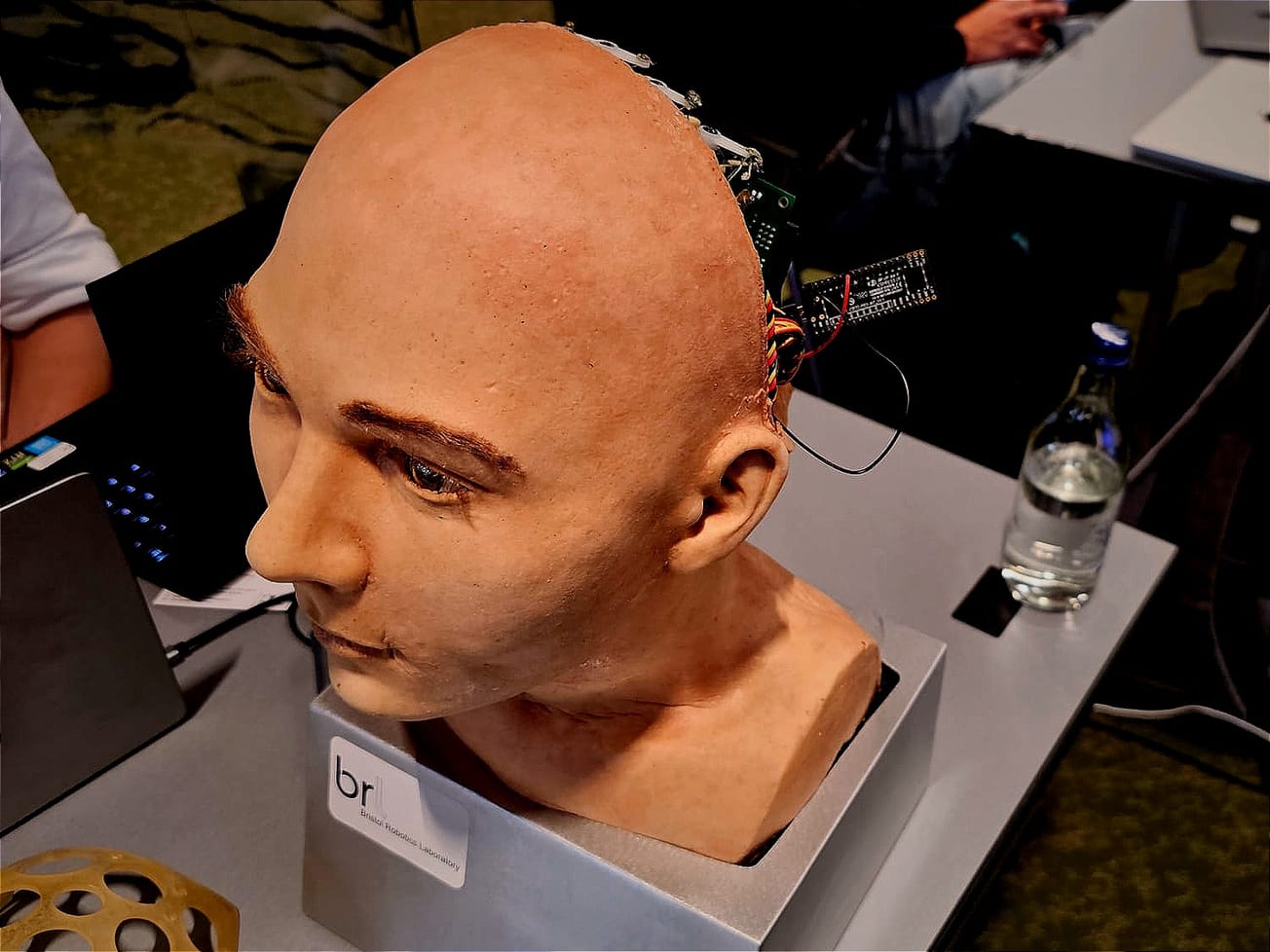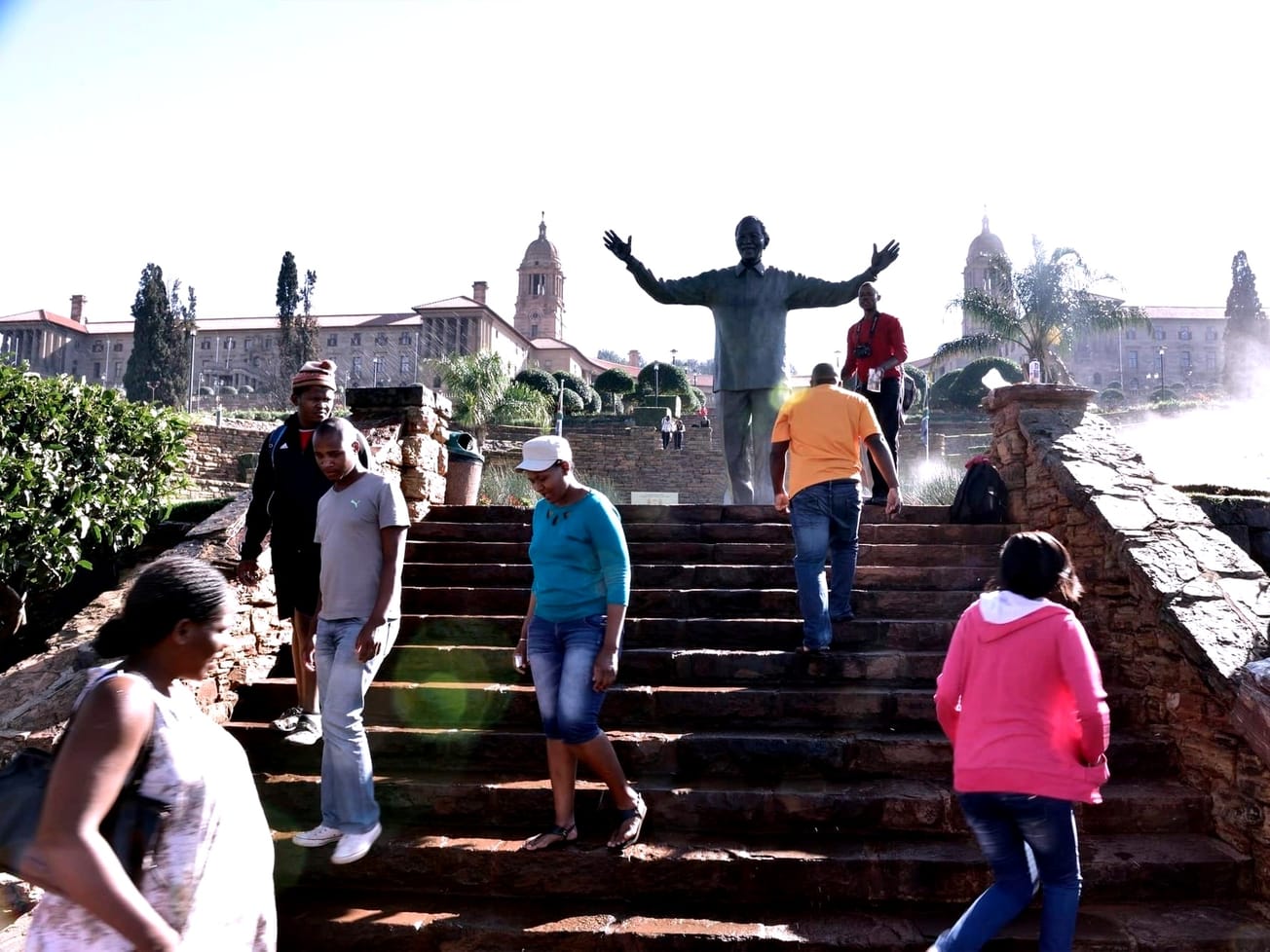GENEVA (AN) — In an election with global significance for the internet and telecoms, Doreen Bogdan-Martin of the United States won the top job at the main U.N. standards-setting technology agency, handily defeating her Russian rival.
Bogdan-Martin, who was publicly backed by U.S. President Joe Biden, carried the election on Thursday at a conference held in Bucharest, Romania. She was chosen to become the next secretary-general of the Geneva-based International Telecommunication Union with 139 votes out of 172, compared to Rashid Ismailov of Russia's 25 votes.








